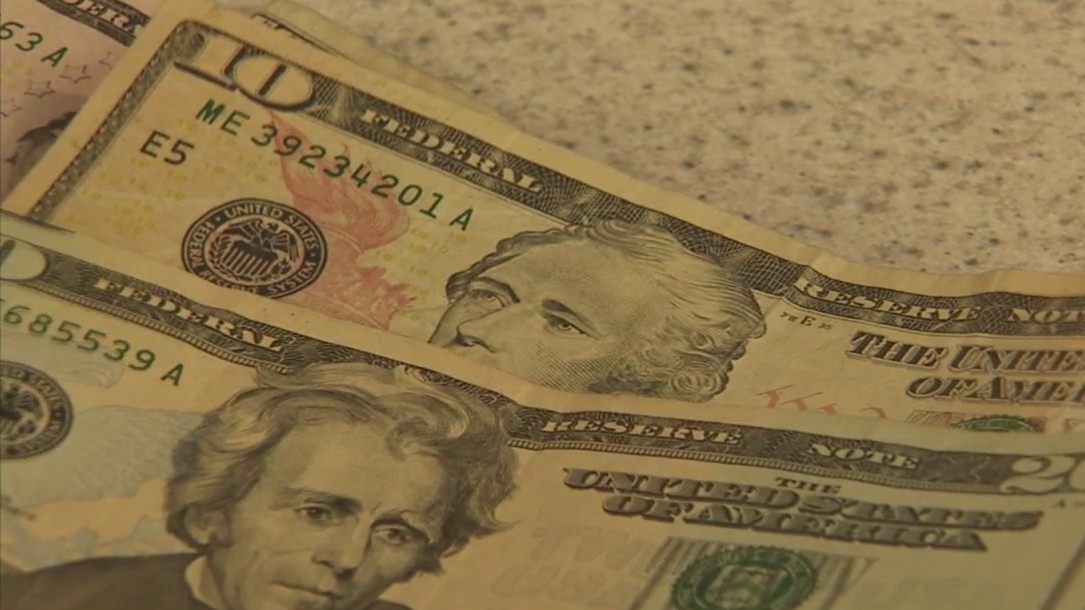Marijuana industry sues Michigan over new 24% wholesale tax on weed
October 8, 2025

(FOX 2) – On the same day the governor signed the state’s new $81 billion budget, the marijuana industry filed a lawsuit against a provision of the new funding plan that included a large new tax on wholesale purchases.
Filed in the Court of Claims, the Michigan Cannabis Industry Association alleges the state’s new 24% wholesale tax is illegal because it amended a citizen’s ballot initiative without enough support from the legislature.
Michigan Cannabis lawsuit
A lobbying group for the cannabis industry filed a lawsuit against the state of Michigan, the treasury department, and its leader Rachel Eubanks on Tuesday.
It argues the new wholesale tax that was part of the latest state budget plan to help fund road construction in Michigan is unlawful.
The backstory:
House Bill 4951 was introduced by the Michigan House of Representatives in September as a means to fund road construction and maintenance. It imposes a 24% wholesale tax on marijuana.
A fiscal analysis by the legislature estimated it would lead to $420 million in revenue for the state. The money is intended for local road construction, a segment of pavement that typically receives the least amount of state funding.
It cleared the Michigan House with a 78-21 vote, before passing the Michigan Senate by a slim 19-17 vote.
Governor Gretchen Whitmer signed the full budget into law on Tuesday.
Michigan already imposed a 10% excise tax on retail purchases for marijuana, in addition to the 6% sales tax. This new tax takes place when retailers purchase marijuana product.
It goes into effect on Jan. 1, 2026.
Dig deeper:
A lawsuit filed in the court of claims argues lawmakers illegally amended the original law that legalized recreational purchases of weed.
The argument is because the Michigan Regulation and Taxation of Marihuana Act was a ballot proposal that voters approved in 2018, any amendments to the law would require a supermajority from the legislature to enact.
The new wholesale tax provision was not approved by a supermajority, which is three-fourths of the legislature.
In the lawsuit
The lawsuit argues that if the legislature wants to change any taxes on marijuana, then it must amend the MRTMA. That would require more votes than what the budget deal received.
“While other taxes may generally apply to marijuana, such as the sales tax, MRTMA is the exclusive mechanism for imposing excise taxes. Legislative authority over marihuana excise taxes is exclusive to MRTMA; no other statues may intrude upon or duplicate the marihuana excise tax.”
Attorneys for the industry argue the legislature circumvented the procedure for ballot proposals that became law.
“The legislature’s attempt to bypass MRTMA through the enactment of CRFTA mirrors the unconstitutional adopt-and-amend scheme rejected in Mothering Justice.”
In that separate court case, the plaintiff argued the legislature got around a ballot proposal by adopting it before amending it, watering down the original law that voters would have seen on their ballot.
The Source: A lawsuit filed in the Michigan Court of Claims and previous reporting was cited for this story.
Search
RECENT PRESS RELEASES
Related Post




